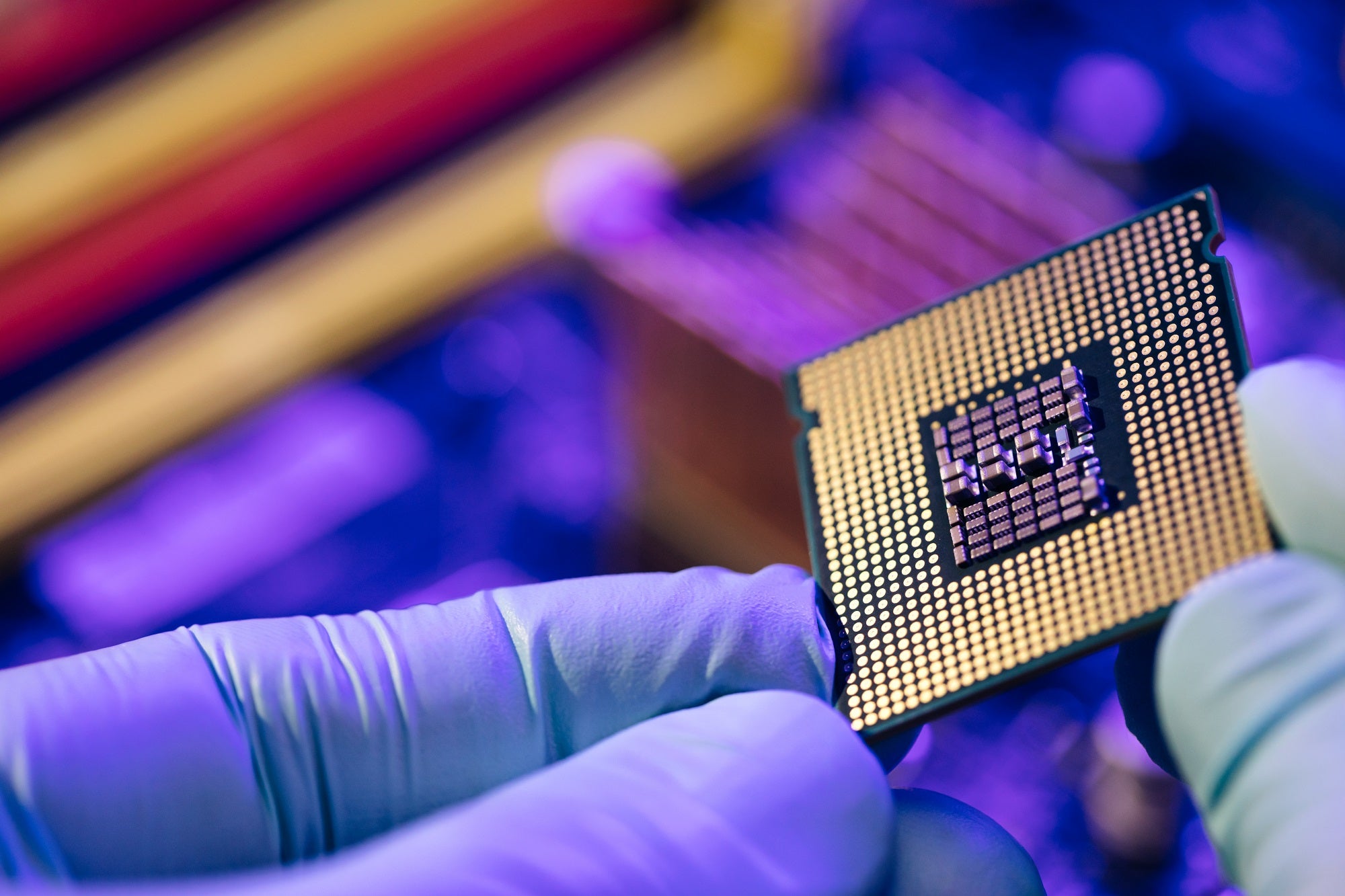
Technology giant Microsoft is planning to debut its first artificial intelligence (AI) chip, reported The Information, citing sources.
The new chip is expected to be unveiled at the company’s annual developers’ conference, the sources said.

Access deeper industry intelligence
Experience unmatched clarity with a single platform that combines unique data, AI, and human expertise.
With the new chip, Microsoft, which has invested billions in AI company OpenAI, hopes to reduce its dependence on AI-focused semiconductors developed by NVIDIA.
Due to the AI boom, NVIDIA’s chips have been in short supply.
Microsoft’s new chip is akin to NVIDIA’s graphics processing units (GPUs).
It is designed for data centre servers that are used to train and run large language models (LLM), the technology that forms the backbone of conversational AI solutions, such as ChatGPT.

US Tariffs are shifting - will you react or anticipate?
Don’t let policy changes catch you off guard. Stay proactive with real-time data and expert analysis.
By GlobalDataCurrently, Microsoft’s data centre servers use Nvidia GPUs to power the advanced LLMs for cloud computing clients, including OpenAI and Intuit.
These servers also power the AI features in the company’s productivity applications.
Earlier this year, reports emerged that Microsoft’s AI chip is code-named Athena and the technology major has been working on it since 2019.
Microsoft could gain a competitive edge over other tech behemoths including Google and Amazon, which already have their own AI processors.
The company’s annual developers’ conference, ‘Ignite’ is expected to be held from 14 to 17 November 2023.
The news comes as OpenAI also explores the possibility of developing its AI chips.
OpenAI has been in talks for a potential acquisition of a chip company to accelerate the process of chip development.
According to sources, conversations on how to resolve the advanced AI chip supply constraint led to a potential focus on chipmaking in 2022.







